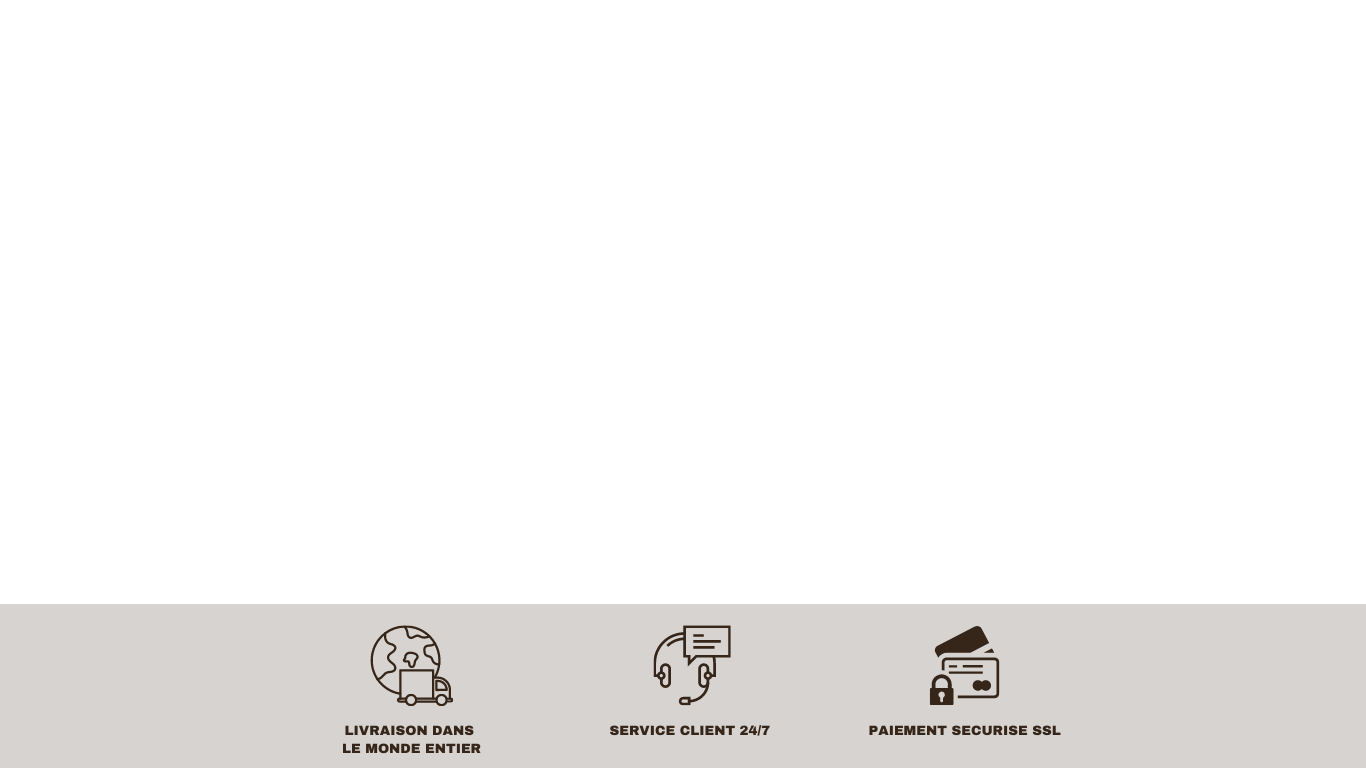Quand tout va bien, nous passons environ 8 heures par jour à dormir, soit le tiers d’une journée entière douillettement enveloppé dans nos draps. Draps qui recueillent tout un assortiment de peau, liquides corporels, poussière, acariens et poils d'animaux si on en a. Pour bien laver nos draps, il existe un arsenal de produits naturels. Sans pour autant retourner au lavoir, voici quelques conseils utiles, très faciles à mettre en œuvre et qui vont vous faire économiser des sous !

Pré laver les tâches
Le savon noir est parfait pour pré traiter les tâches. Il est liquide, s’incruste bien dans les fibres et n’a pas son pareil pour détacher en douceur toutes sortes de tâches. Pour cela, il faut bien humifier les zones tâchées, verser une dose de savon noir soit l’équivalent d’une grosse cuillère à soupe dessus et frotter avec une petite brosse en chiendent. Une technique géniale aussi quand on lave des chemises, pour frotter avant lavage, les cols et les poignets. Attention aux tâches de sang, utilisez uniquement de l’eau froide sous peine de cuire le sang et de fixer la tâche au lieu de l’enlever…
Faire tremper le drap
On a oublié avec la technologie et ces machines qui font tout pour nous, cette étape de lavage importante qui consiste à faire tremper le textile avant de le nettoyer. Moi qui lave très souvent des linges anciens qui ont des taches bien incrustées, j’ai compris l’importance du trempage quand on veut bien nettoyer un drap. Inutile de le faire à chaque lavage, si votre drap est juste normalement sale, mais si vous souhaitez faire partir des taches, le trempage se révèle être une très bonne solution ! Une grande bassine, de l’eau chaude et vous faites tremper gentiment votre drap une nuit. Vous pouvez ajouter une cuillère à soupe de savon noir pour aider dissoudre la saleté. Si vous voulez également le blanchir, optez alors pour du bicarbonate de soude, un produit naturel miracle qui va manger la grisaille accumulée sur le linge et lui redonner de l’éclat en ravivant ses couleurs naturelles !

Laver au savon de Marseille
Avec un cycle doux à 60 degrés, essayez les recettes naturelles de lessive à base de paillettes de savon de Marseille, avec un peu de bicarbonate, elles sont tout aussi efficaces que les lessives pleines de chimie du commerce sans leurs odeurs artificielles. Un drap lavé au savon de Marseille et séché dehors sent bien meilleur d’un drap lavé aux senteurs des iles… Et il sera tout aussi propre et sans danger pour la peau de vos enfants ou les nappes phréatiques.
Étendre le drap à l’air libre
Un des secrets du linge bien nettoyé, c’est la façon dont vous allez l’étendre pour le faire sécher. Mieux vous étendez vos draps (mais aussi vos chemises sur cintres, ou vos tee-shirts de bas en haut), moins vous aurez besoin de les repasser. Pendu par le milieu, en tirant le drap pour ne pas faire de plis, il se pliera ensuite facilement. L’autre secret du linge bien propre, c’est l’extérieur. Il y a un siècle on mettait les draps à sécher sur des prairies le soir, pour que la lune fasse son effet et blanchisse naturellement les textiles. Ca marche toujours aujourd’hui ! Le soleil blanchit aussi, un drap étendu dehors va complètement sécher et se débarrasser des odeurs tenaces. Etendez le plus possible vos draps à l’air libre. Sans compter que les machines à sécher sont de gros consommateurs d’énergie et ont tendance à froisser les fibres voir à les abimer.
Repasser ou ne pas repasser ?
Repasser lisse les fibres et les protège, quand on possède de beaux draps anciens, on peut soit les plier et les stocker non repassés ou les repasser pour ne pas casser les fibres. Pour des draps de tous les jours, si on a le temps, un petit coup de fer finit d’éliminer toute trace d’humidité et donc de possibles résidus. Moi je ne repasse pas mes draps, je passe déjà beaucoup de temps à repasser les textiles anciens que je vends. Je me sers de mes mains pour bien les plier et les lisser à la chaleur de mes paumes (hyper efficace également sur le jersey des tee-shirts !)
A quelle fréquence laver ses draps ?
A quelle fréquence doit-on laver ses draps ? Deux fois par mois ? Une fois par semaine ? Une fois par mois ? La moyenne se situe plus aux alentours d’une fois par semaine en raison de cette pollution naturelle des corps sur le textile. Le coton et le lin s’abiment si on ne les lave pas fréquemment et vous aurez plus de mal à désincruster la saleté notamment sur des taies d’oreillers.
Lire aussi sur le même thème : Quelles sont les méthodes les plus efficaces pour laver du linge ancien



Leave a comment